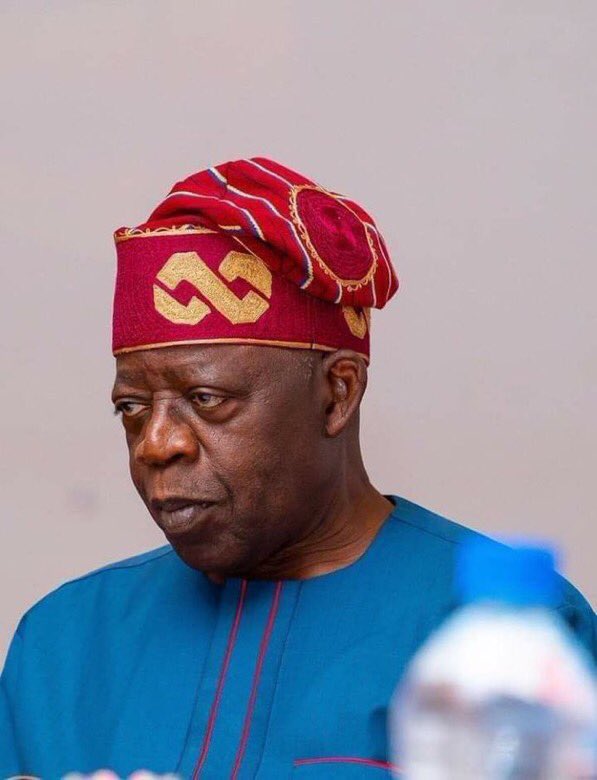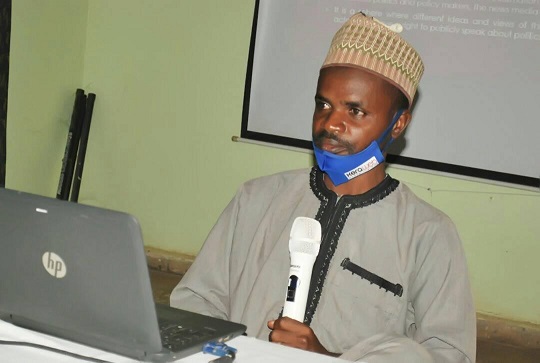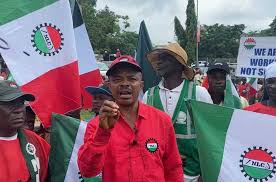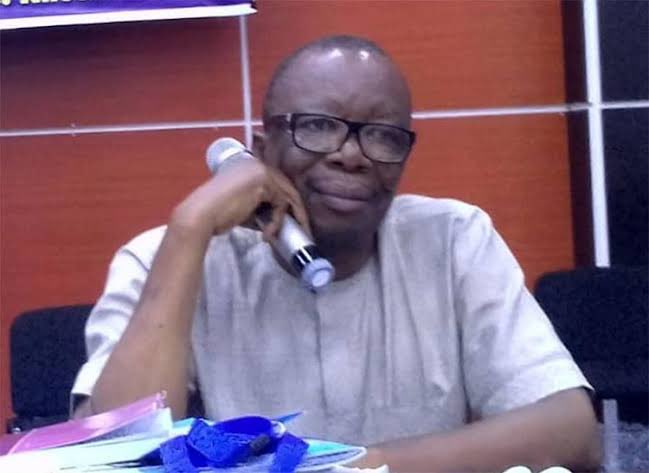FG commences payment of withheld salaries of ASUU members
By Sabiu Abdullahi The Federal Government (FG) has initiated the payment of salaries previously withheld from members of the Academic Staff Union of Universities (ASUU). Confirmation of this breakthrough came…









